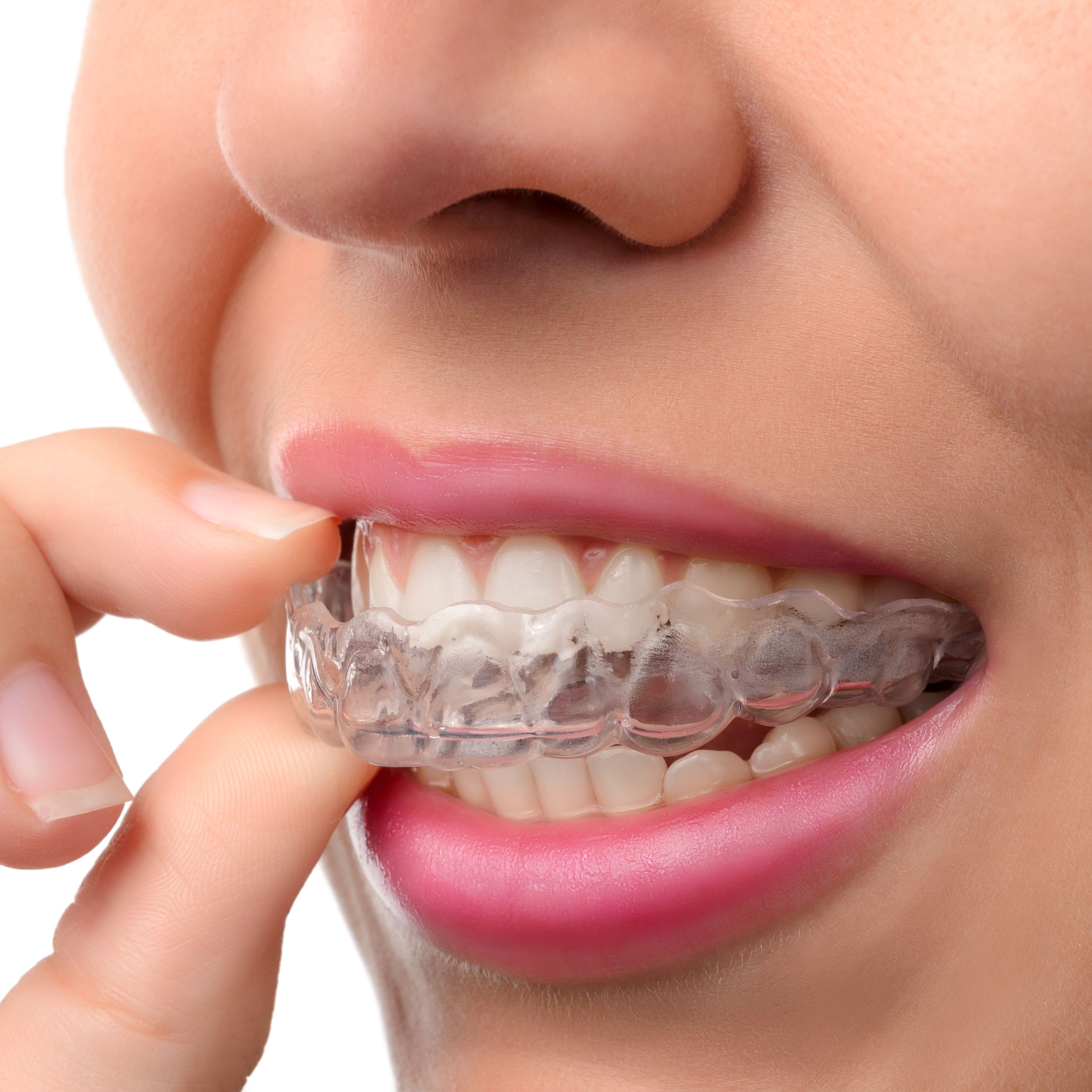Can Invisalign Fix a Twisted Tooth?
 Invisalign® is an effective treatment to correct many types of misalignment including gapped teeth, crowded teeth, underbites, and overbites. But can Invisalign correct a twisted tooth?
Invisalign® is an effective treatment to correct many types of misalignment including gapped teeth, crowded teeth, underbites, and overbites. But can Invisalign correct a twisted tooth?
Many patients at Kellyn Hodges Orthodontics choose Invisalign to straighten teeth with more flexibility and less discomfort than traditional metal braces. During a consultation at any of our three office locations serving Philadelphia, Bala Cynwyd, and Bensalem, PA, orthodontist Kellyn Hodges and our team of dental professionals can examine your teeth and determine whether Invisalign can address your unique concerns.
What Causes Twisted Teeth?
Teeth can become twisted (or rotated) before or after they emerge. Thumb-sucking, pacifier use, heredity, genetics, trauma, overcrowding, jaw size, and tooth decay can all lead to rotated teeth.
Whether your teeth grew in rotated or became rotated over time, our orthodontist can provide a solution to help you correct your twisted teeth and achieve a straighter smile.
Twisted Tooth Classifications
Twisted teeth are classified by when they begin rotation: pre-eruptive disturbances and post-eruptive disturbances. Pre-eruptive disturbances happen before the tooth erupts. Post-eruptive disturbances occur after the tooth erupts. Trauma and dental injury often cause post-eruptive disturbances.
Can Invisalign Fix Twisted Teeth?
In many cases, yes.
Over the past 20 years, Invisalign technology has continued to improve and the treatment has grown in popularity among patients with all types of misalignment. Invisalign’s SmartForce technology and tooth attachment options make straightening the teeth possible without the requirement of metal braces.
Attachments are tiny, tooth-colored bumps that allow the aligners to grip tighter to the teeth. They also provide an anchor and direct movement forces more accurately as they guide the teeth to their desired positions. Attachments are color-matched to the teeth and hook onto the clear Invisalign trays. Attachments are easily removed after treatment to expose an even tooth surface.
Thanks to Invisalign’s ever-advancing technology, most twisted teeth can be derotated and straightened to face the right direction with Invisalign. However, the degree of rotation determines whether Invisalign is possible for correcting rotated teeth. Invisalign can only rotate the teeth up to 20 degrees. If the teeth are rotated more than 20 degrees, Invisalign might not be able to straighten them. In these cases, braces may be a better option for the patient.
Traditional braces with brackets, wires, and bands are still the most effective option for straightening overly twisted teeth. Metal braces and appliances work best because they consistently apply rotational force to the twisted tooth and can be modified to fit the patient’s individual needs.
The Importance of Correcting a Twisted Tooth
Whether you qualify for Invisalign or need to receive braces, it’s important to correct a twisted tooth. In addition to causing cosmetic concerns, rotated teeth can cause misalignment and other oral health issues, including:
- Overcrowding
- Malocclusion (a bite that feels “off”)
- Improper upper and lower jawbone (maxilla and mandible) alignment
- Difficulty brushing or flossing, which can lead to tooth decay
After derotating a twisted tooth with Invisalign or another one of the orthodontic treatment options offered at our Philadelphia-area practice, you will enjoy a better-looking, healthier smile.
Find Out If Invisalign Is Right for You
Orthodontic treatments like Invisalign are a safe, effective way to fix twisted teeth. The dental professionals at Kellyn Hodges Orthodontics are eager to answer your questions about Invisalign clear aligners and the conditions they can address. Call (610) 617-0700 or message us online to schedule a free consultation at one of our offices.


